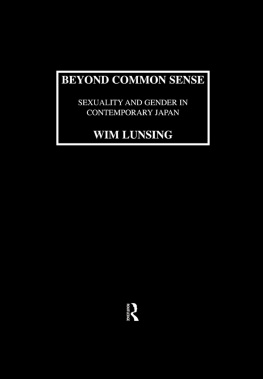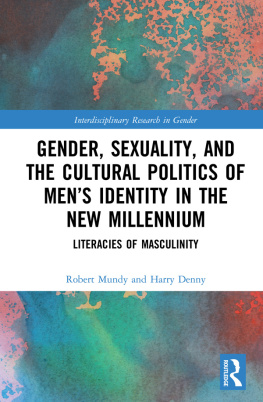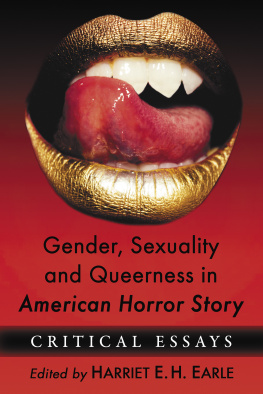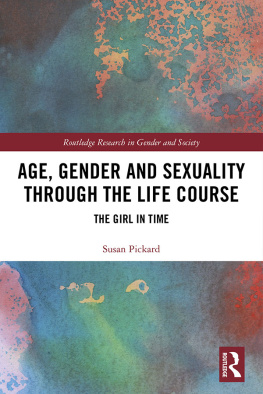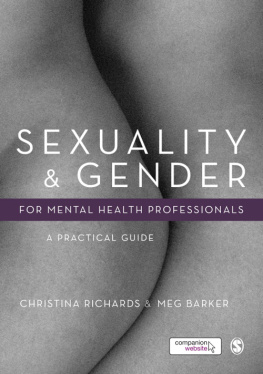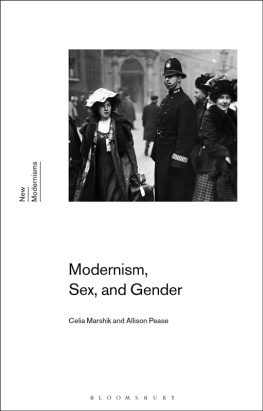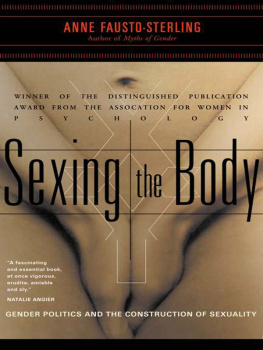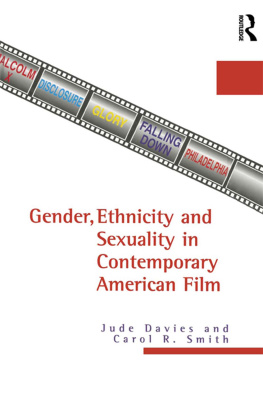BEYOND COMMON SENSE
This innovative volume approaches Japanese culture and society from a new angle. An ethnographic study, it is concerned with lifestyles in Japan that have hitherto remained largely unreported. The main research categories are gay men, lesbian women, single men and women and feminist men and women Transvestites, transsexuals and hermaphrodites also receive attention. Using participant observation, in-depth unstructured interviews and experiential research, Lunsing connects with all aspects of his informants lives and relationships to explore this underlying question - how do people whose feelings, ideas or lifestyles do not agree with heterosexual marriage cope with life in a society in which everyone is expected to marry? Four main themes emerge in the course of the work: 1) space, gender and sexuality, 2) constructions of homosexuality, 3) selves and self-constructionand 4) the isolation of elements that contribute towards a wider international comparative study.
After discussing the position of marriage in Japanese society, including political and legal aspects, Lunsing discusses how people in the various research categories attempt to fit in with the idea that one should marry by entering into marriage, and the problems that arise. Different forms of alternative lifestyles are examined, in the context of dealing with an outside world that has little understanding of people with alternative lifestyles, feelings or ideas. Lunsing then looks at the ways in which the various categories are regarded and relate to each other, especially the relations between gender and sexuality and the discourses of sex and sexual activities, as well as debates within and between individuals and circles consisting of people from the various categories.
In pursuing this investigation, Lunsing goes beyond what anthropologists usually do; instead of merely establishing standard lifestyles in a particular culture, he examines lifestyles that are at variance with prevailing norms.
The Author Wim Marinus Lunsing received his PhD in Social Anthropology from Oxford Brookes University and has been Research Fellow at Tokyo University.
Japanese Studies General Editor: Yoshio Sugimoto
The titles in this series are listed at the back of this volume.
BEYOND COMMON SENSE
SEXUALITY AND GENDER IN CONTEMPORARY JAPAN
Wim Lunsing
To Furuhashi Teiji,
who suddenly passed away at the age of 35 in the week I received my doctorate
First published in 2001 by
Kegan Paul Limited
Published 2016 by Routledge
2 Park Square, Milton Park, Abingdon, Oxon OX14 4RN
711 Third Avenue, New York, NY, 10017, USA
Routledge is an imprint of the Taylor & Francis Group, an informa business
Wim Lunsing, 2001
All rights reserved. No part of this book may be reprinted or reproduced or utilised in any form or be any electric, mechanical or other means, now known or hereafter invented, including photocopying or recording, or in any information storage or retrieval system, without permission in writing from the publishers.
British Library Cataloguing in Publication Data
Lunsing, Wim.
Beyond common sense: sexuality and gender in contemporary Japan
1. Sex Social aspects Japan 2. Gender identity Japan I. Title
306.70952
Library of Congress Cataloging-in-Publication Data
Applied for.
ISBN 13: 978-0-710-30593-0 (hbk)
ISBN 13: 978-1-138-98780-7 (pbk)
Contents
In the text, Japanese names are given in the Japanese order, i.e. first the family name and then the given name.
This project has been supported by the Austrian Ministry for Research and Science, the Japanese Ministry for Education, the Japan Foundation Endowment Committee, Erasmus and the Japan Society for the Promotion of Science. Further I am indebted to my dear friend Tik Ho Ong, my parents Ria and Henk Lunsing and my brother Jan Lunsing.
In a project like this, one becomes indebted to many people whose cooperation and support is of vital importance. Most of all I wish to thank the many people who participated in the fieldwork, by letting me share their lives, ideas and feelings. Since many of them must remain anonymous I will not mention any of them here but let it be known that I am very grateful to all the people who find something of themselves in this book.
For professional support I wish to thank Dr Jan van Bremen, Professor Wim Boot, Dr David Groth and Professor Sepp Linhart who helped getting this project off the ground. Important roles during the fieldwork were played by Professor Fujieda Mioko and Professor Ueno Chizuko, both of whom agreed to be my supervisors in Japan. In the writing up stage I was greatly helped by the advice and support of my supervisors in Oxford, Professor Joy Hendry and Professor Michael Argyle. My examiners, Dr Lola Martinez, Dr Roger Goodman and Dr Jeremy McClancy, offered valuable advice as to what improvements could be made when the thesis was to become a book. Professor Ueno Chizuko offered me the valuable opportunity to return to Japan in 1996 so that I could discuss my thesis with her students, people working in my area and people who participated in the researchproject. I also wish to thank Sam Dear and Sylvia Erikkson for their valuable assistance in improving my English.
So many are the people who offered advice and help that I cannot begin to mention them all. I wish, nevertheless, to express my gratitude to all who showed interest and supported me in any way.
My first visit to Japan took place in 1986. I was 25 years old and stayed in Japan for one long hot summer. Contrary to my expectations, from the moment I descended from the plane I felt familiar with the people and the environment, almost as if I had come home. It was the clearest example of dj vu I ever experienced. This did not mean that everything about Japan was unproblematic. One of the things I found disagreeable was that people frequently asked whether I was married and when I said I was not, whether I had a girlfriend. Since I was openly gay in the Netherlands, such questions were as good as new to me and I had difficulty dealing with them without upsetting those who asked them. This made me wonder how Japanese people in comparable situations deal with such questions and, indeed, how they cope with an environment in which everyone is expected to marry. Since there was an almost complete lack of material on homosexuality in contemporary Japan, I limited my MA thesis to discrimination against women based on a readers column in a Japanese womens magazine, Fujin Kron, called Watashi no Kokuhatsu (My complaint), which refers to the magazines request that readers write about sex discrimination. Marriage was the major focus of the complaints (Lunsing 1989).
After my graduation I visited Japan again in 1988.I contacted gay groups and spoke with lesbian and feminist women. In gay circles it was thought that most gay men in Japan marry, which was seen as detrimental to the formation of a gay movement. Among feminist women I found that marriage was a muchdiscussed theme, regardless of whether they were married themselves or not. My research theme was determined by such meetings: I would investigate how gay and lesbian people, womens and mens liberationists, singles and other people, such as transsexuals, transvestites and hermaphrodites, whose ideas, feelings or lifestyles are at variance with Japanese constructions of marriage and inherently the construction of life, live in Japan.



